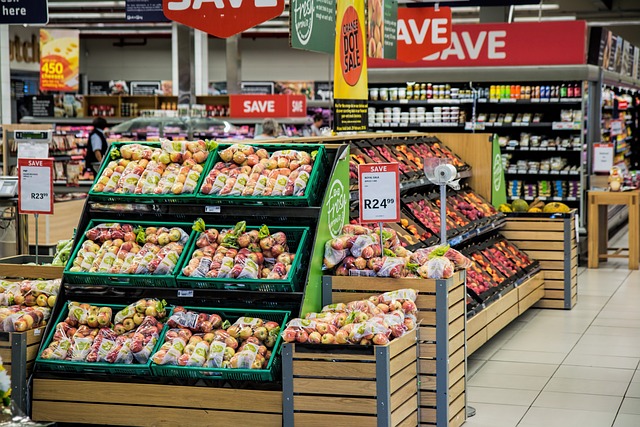Costco, the big-box retail giant, has perfected the “treasure hunt” shopping experience—a strategy that keeps members coming back. This approach revolves around rotating inventory, limited-time deals, and strategically placed high-value items, making each visit feel like an adventure. As Costco’s founder, Jim Sinegal, said, “if you see it, you ought to buy it because chances are it ain’t going to be there next time.”

A recent example of a Costco “treasure” is the company’s foray into precious metals. The company recently began offering Swiss-made platinum bars exclusively to members. This was following the success of its gold bars in 2023, which generated over $100 million in sales during the first quarter. These high-value items exemplify the treasure hunt strategy, creating surprise, excitement, and urgency for customers.
Costco’s approach goes beyond metals however, and spans its entire operation. With around 4,000 items, compared to other retailers that carry over 20,000 items, or supermarkets with 40-50,000 items, Costco not only creates scarcity, but also ensures each item meets strict quality standards. Frequent product rotations and discounted premium goods add to the sense of discovery that encourages repeat visits and members buying items that aren’t necessarily on their “list.”
This treasure hunt strategy isn’t just a marketing tactic; it’s key to Costco’s business model. By consistently refreshing its offerings and creating a dynamic shopping environment, Costco builds loyalty and keeps customers coming back. Customers shop longer, buy more products, and return more often. This approach sets Costco apart from online competitors and drives continued growth by turning shopping into a unique, ever-changing experience. Members are always wondering, what will I find next time?



